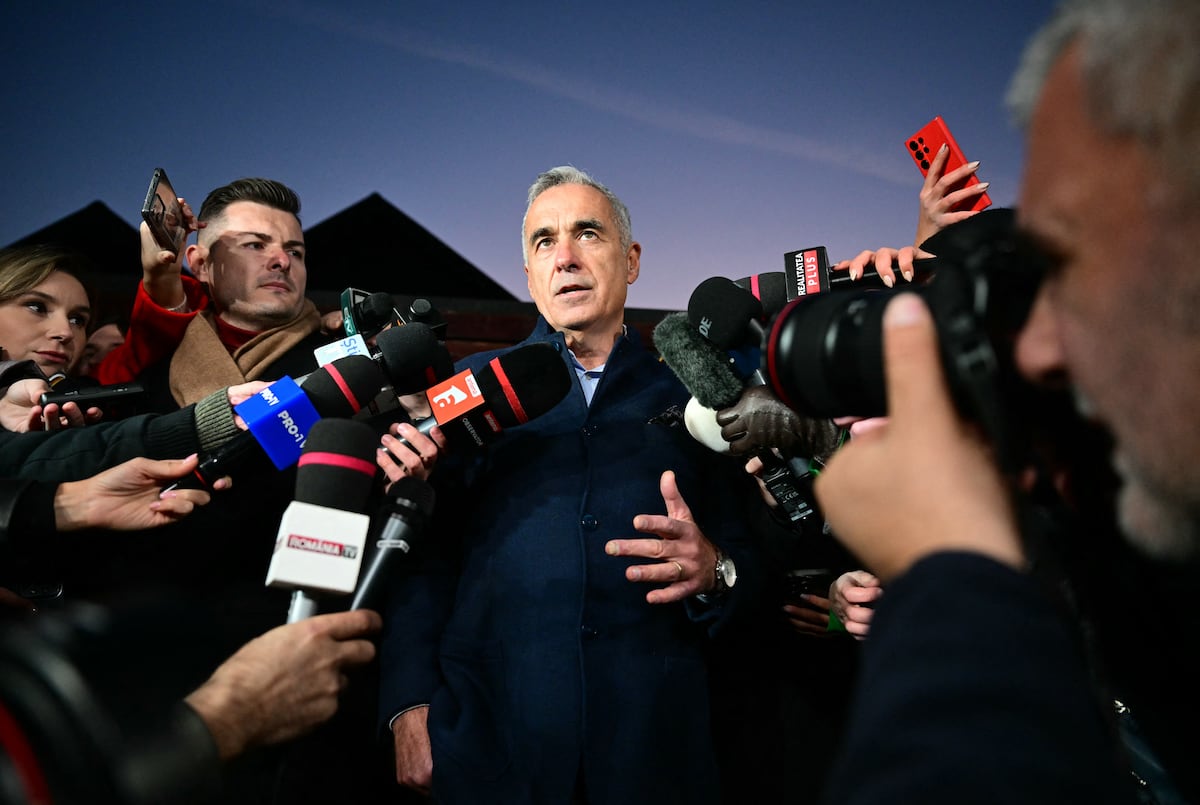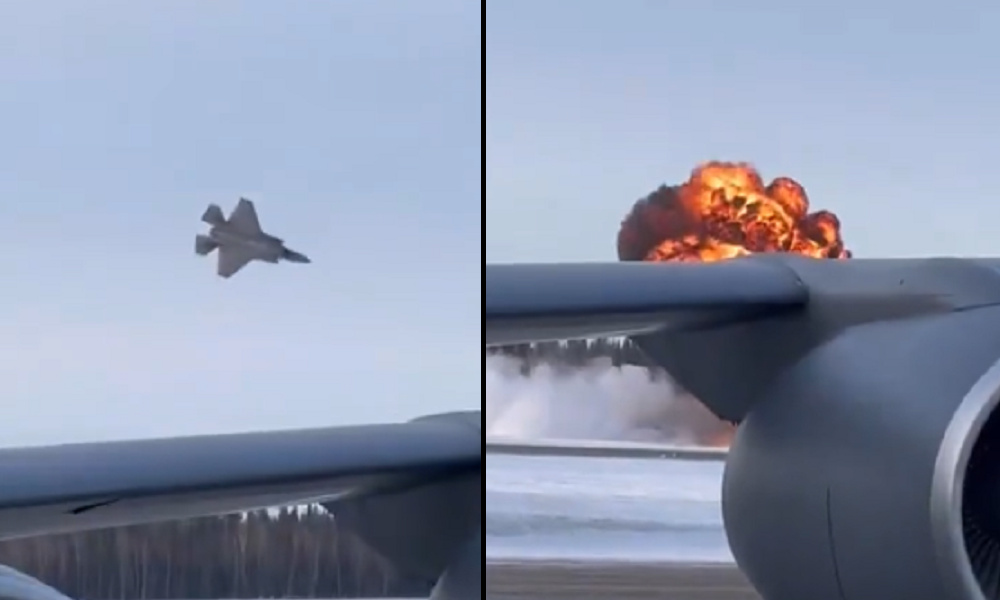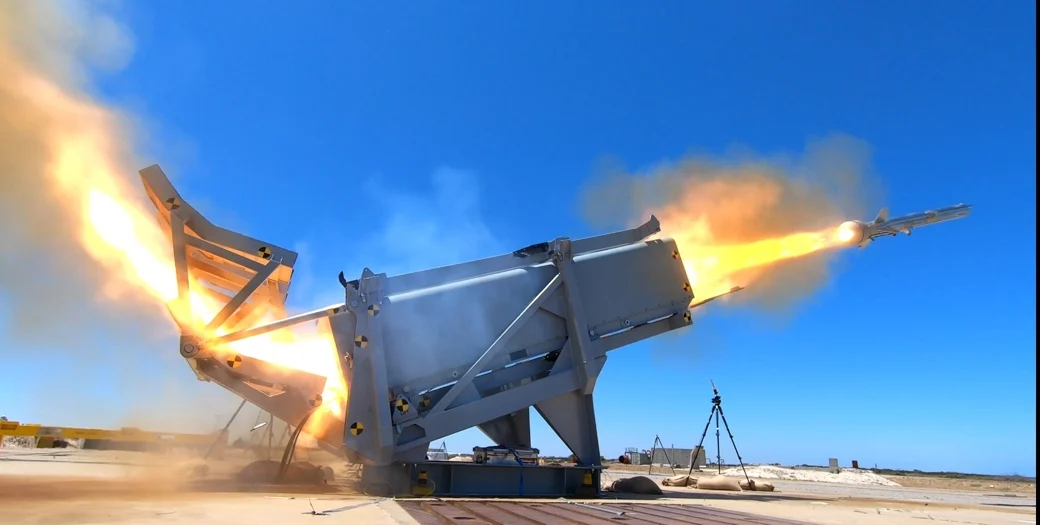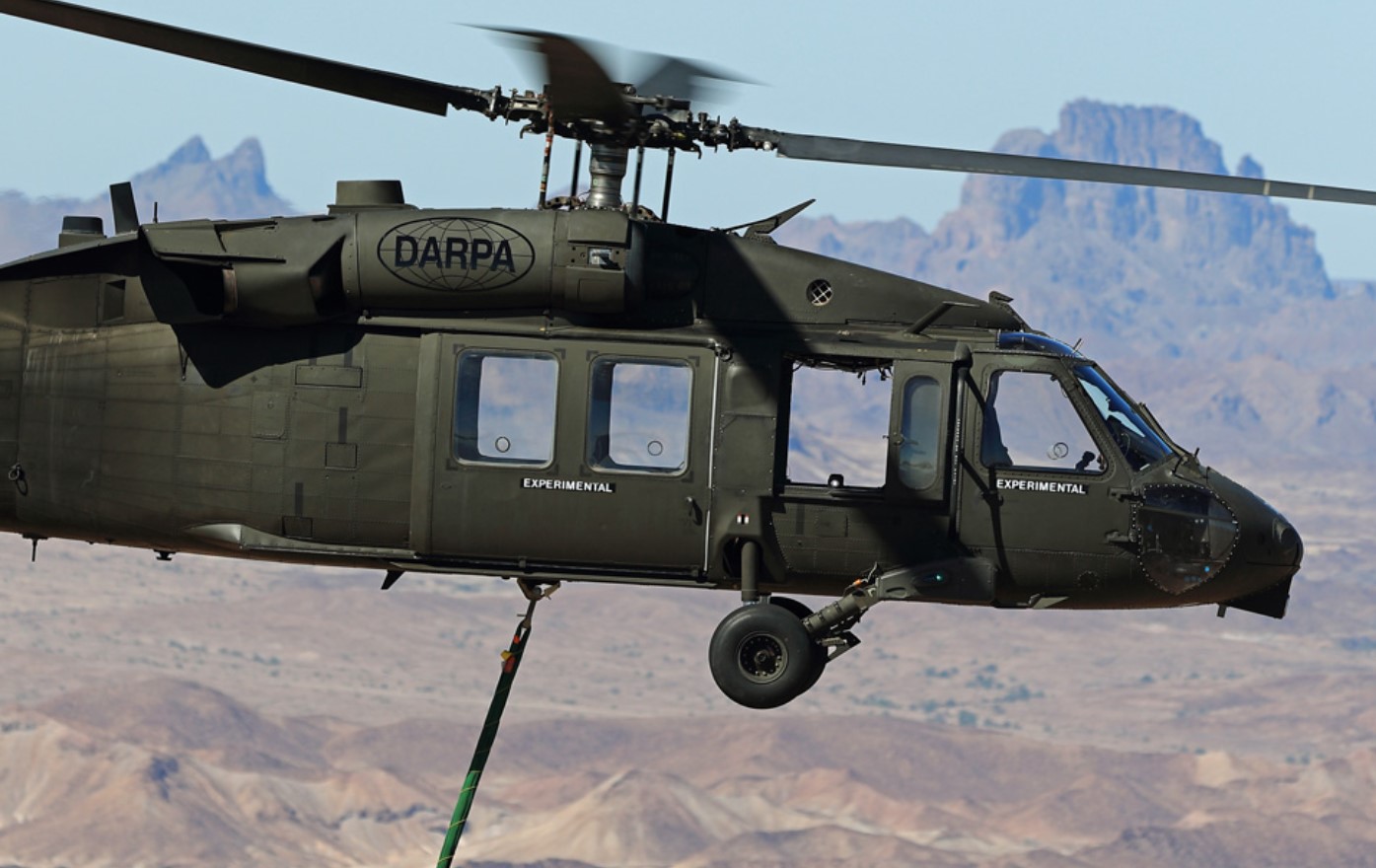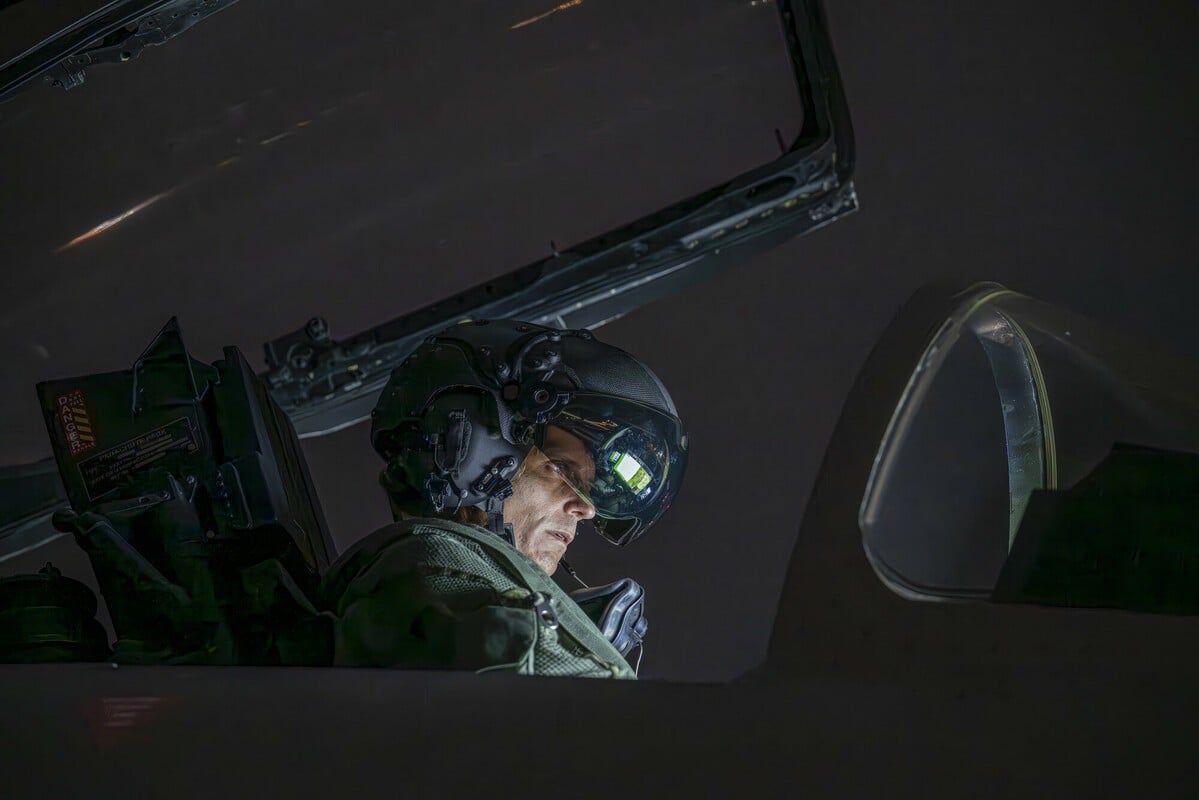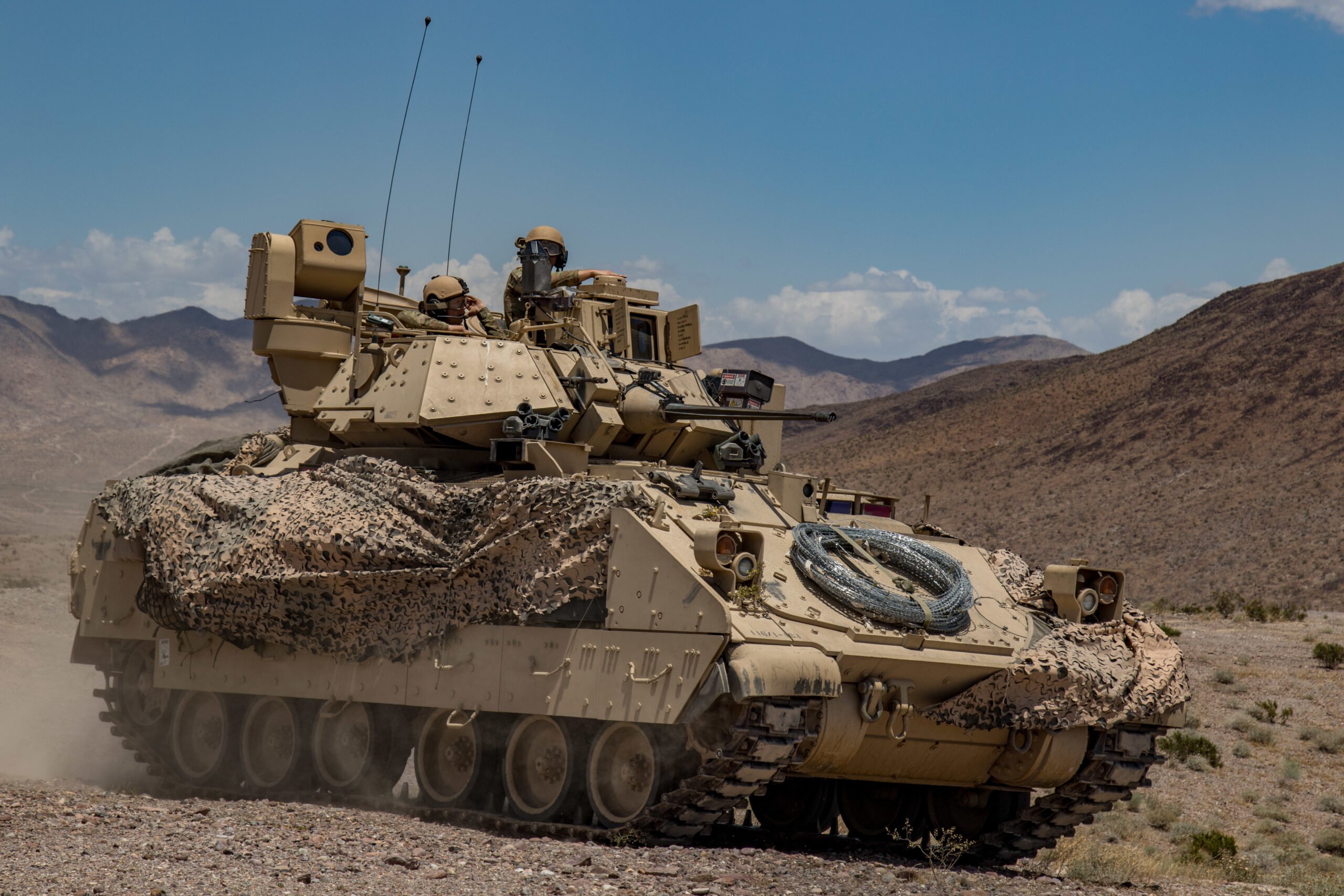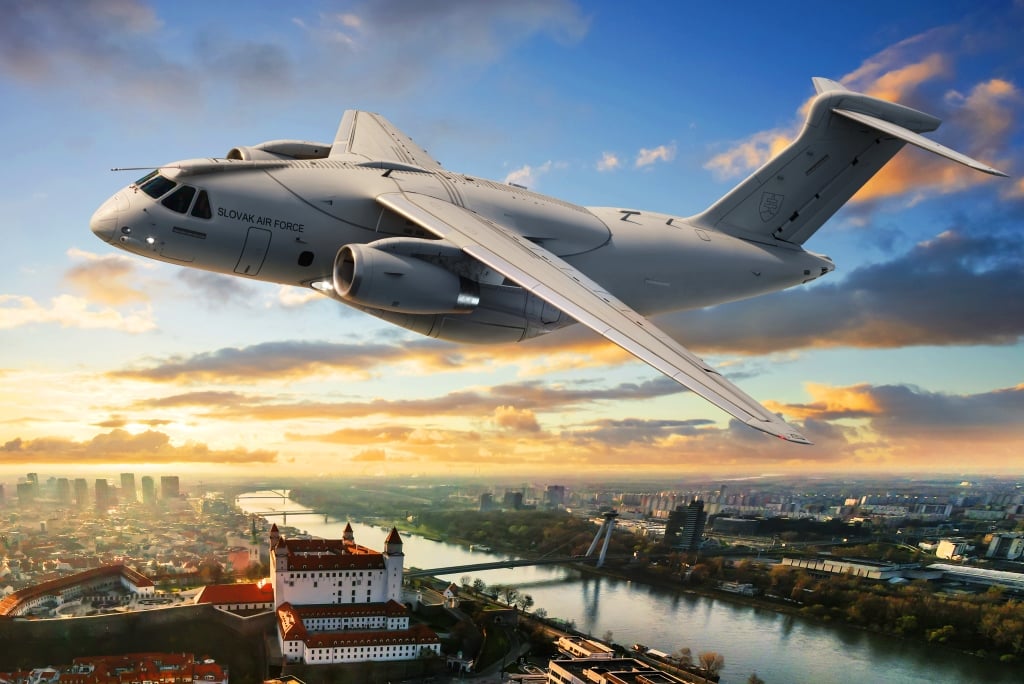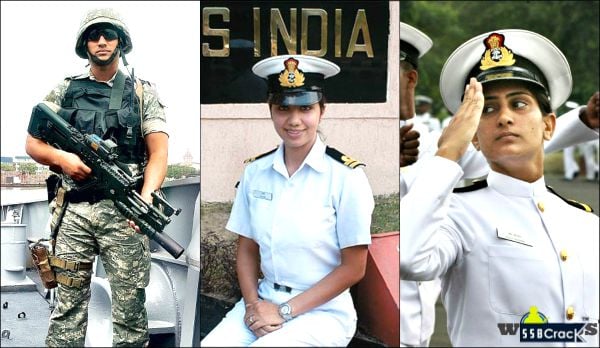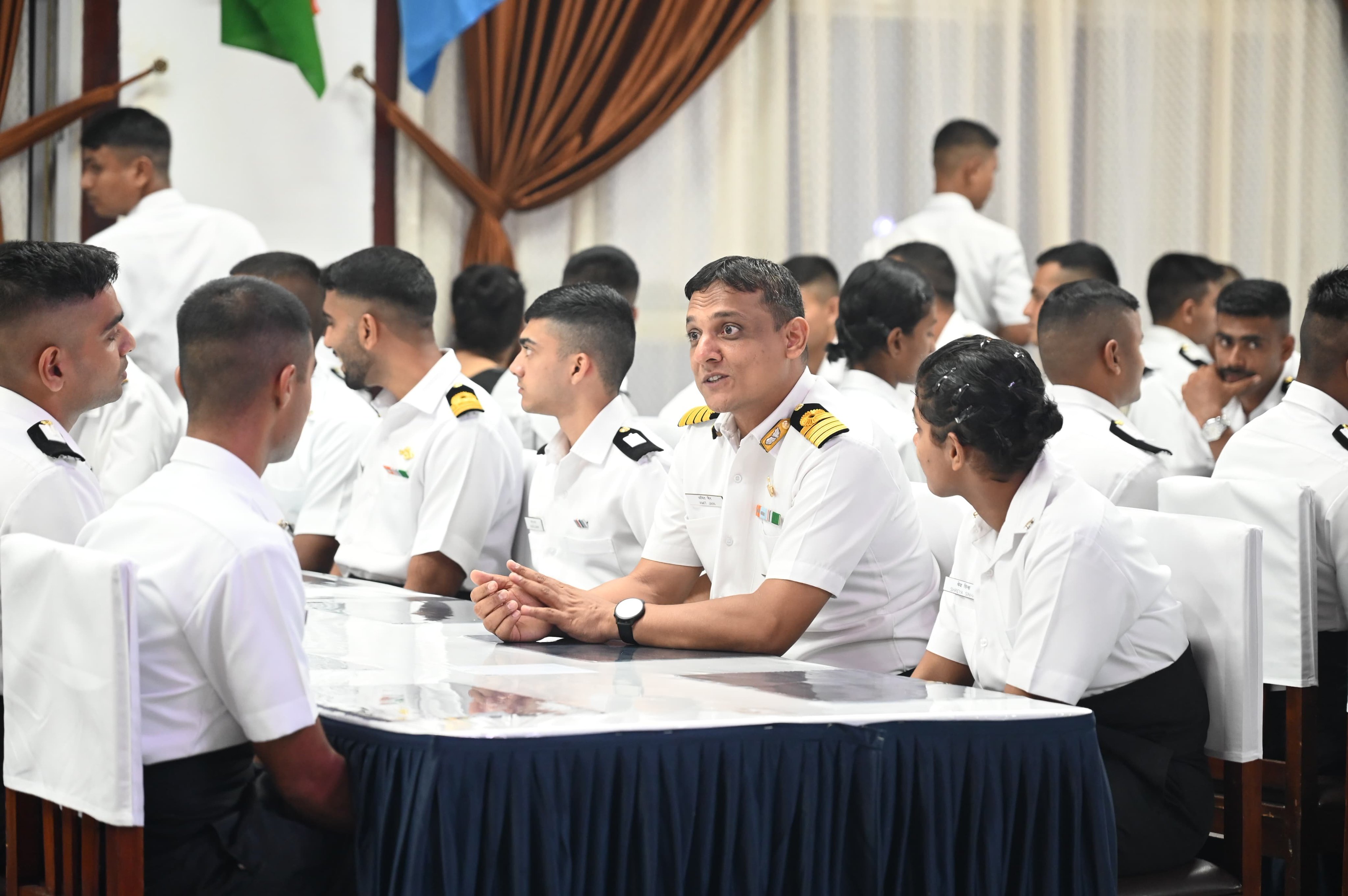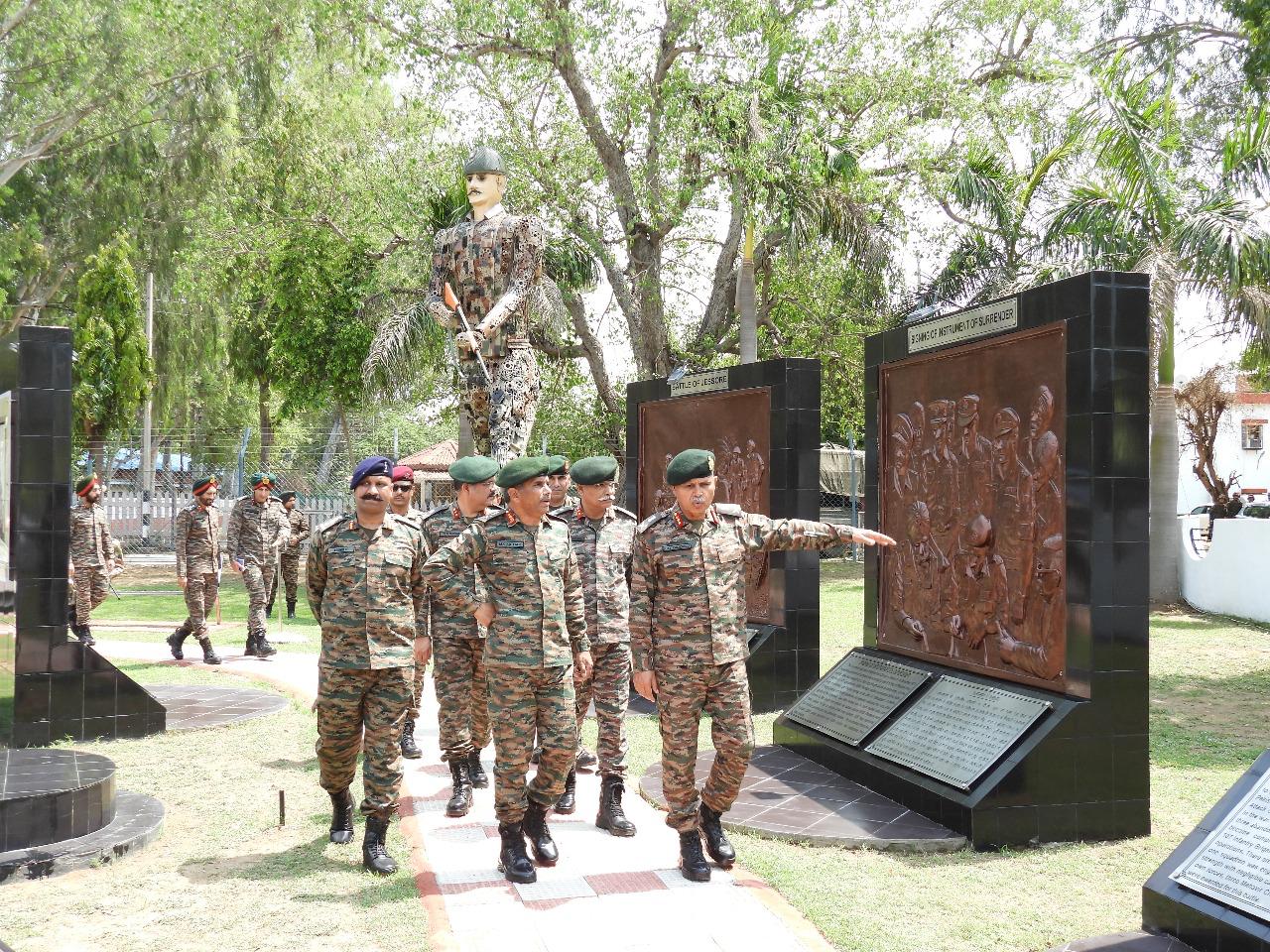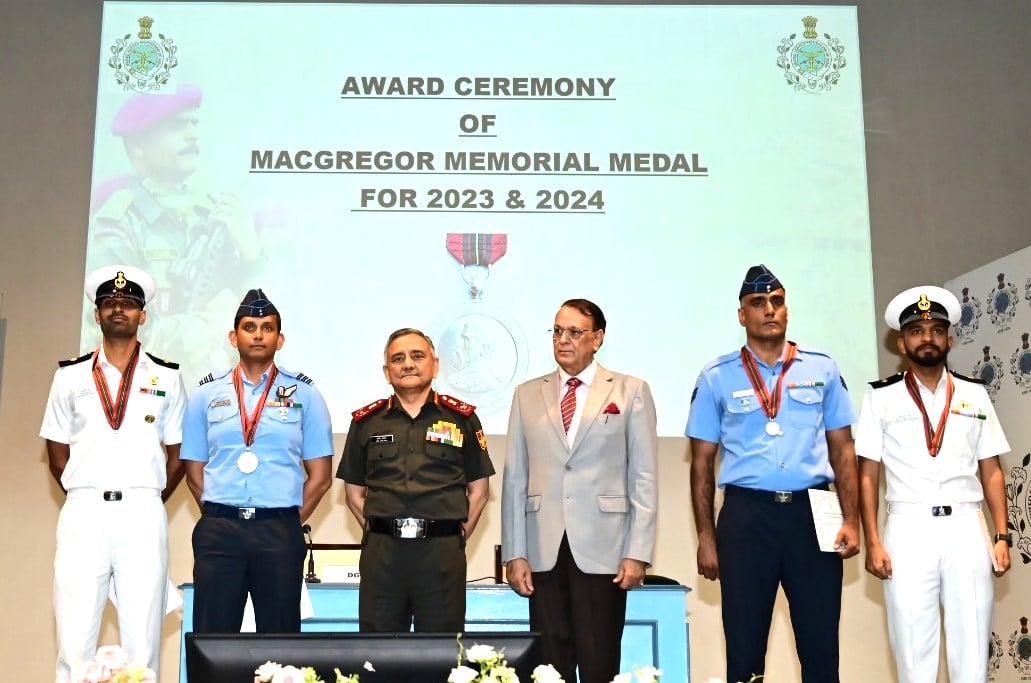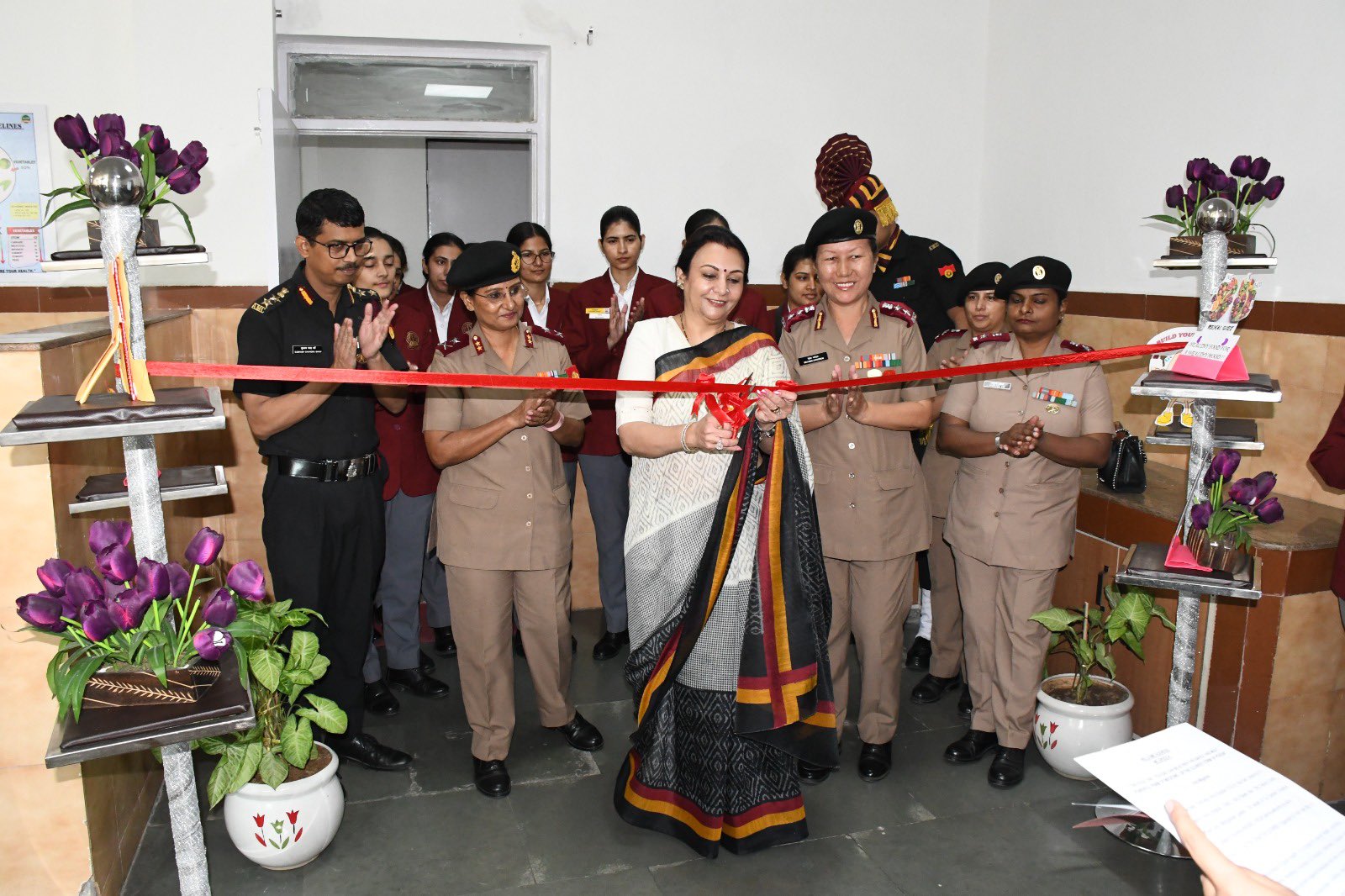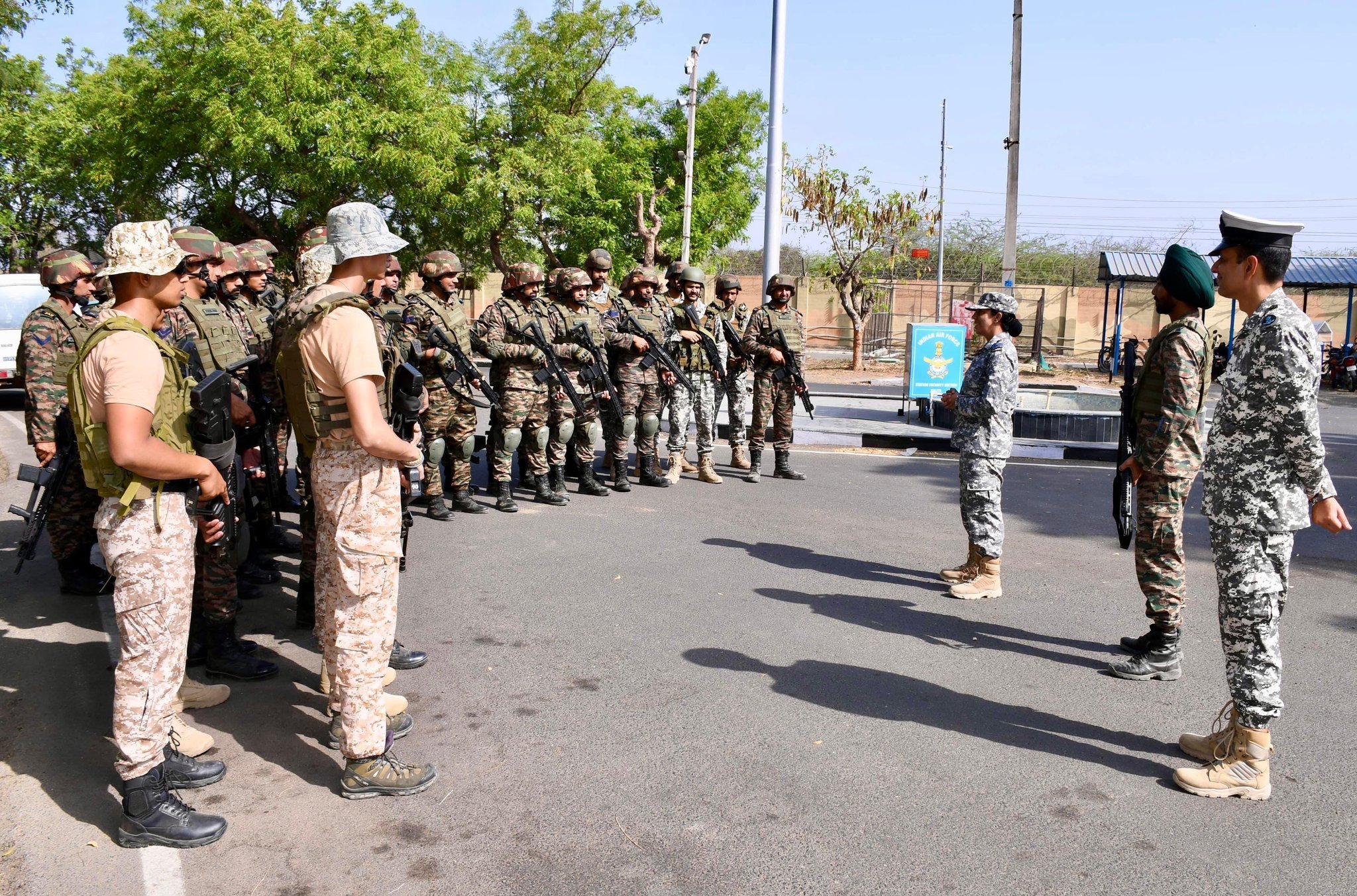In the lead-up to a pivotal presidential election in Romania, concerns have emerged regarding the potential impact of a NATO-skeptic candidate’s victory on the country’s long-standing alliance with the transatlantic military organization. As Romania prepares for a crucial run-off vote between Calin Georgescu, a contender perceived as pro-Russian, and the pro-European centrist candidate Elena Lusconi, experts assert that institutional frameworks will likely mitigate any threats to NATO’s presence in the nation.
Iulian Chifu, a prominent defense expert and former advisor on international security for the Romanian government, reassured that Romania’s constitution presents significant constraints on a president’s ability to disrupt NATO ties. “Thanks to Romania’s constitution there is not much he can do,” Chifu stated while highlighting his role as head of the Conflict Prevention and Early Warning Center in Bucharest.
Georgescu, 62, stirred apprehension among NATO supporters when he unexpectedly triumphed in the first round of voting on November 24, where he referred to Russian President Vladimir Putin as a “patriot” and expressed opposition to NATO’s missile defense system stationed at Deveselu. As the election approaches, the stakes are high, with the presidency encompassing dual responsibilities as commander of the armed forces and oversight over foreign and security policy.
Romania has traditionally maintained a strategic position as a reliable NATO partner, situated on Europe’s eastern flank with direct access to both Ukraine and the Black Sea. The country has actively contributed to NATO efforts, including delivering a Patriot missile battery to Ukraine and developing Kogălniceanu airbase into one of NATO’s largest installations, which is anticipated to surpass the U.S. base in Ramstein, Germany. Romania also hosts a French-led NATO battle group, has ordered 32 F-35 fighter jets, and operates a training hub for Ukrainian F-16 pilots.
However, in a marked shift, Georgescu has pledged to cease support for Ukraine, including halting pilot training, and emphasized a focus on Romania’s national interests in the region. This pivot has heightened concerns among European leaders, particularly following allegations that Romania has been subjected to “aggressive hybrid Russian attacks” during the election process. The country’s top security council reported instances of social media manipulation favoring Georgescu and claimed that hacking attempts on election servers were tied to foreign state actors.
The United States has reacted promptly to these developments, with the State Department asserting that “Romania’s hard-earned progress anchoring itself in the Transatlantic community cannot be turned back by foreign actors seeking to shift Romania’s foreign policy away from its Western alliances.”
Despite widespread alarm over Georgescu’s candidacy, Chifu suggested that worries about significant alterations to NATO ties were overstated. He noted that while the president has roles in security and foreign policy, he relies heavily on the government, which holds command over the foreign ministry, intelligence services, and the internal security apparatus.
The Supreme Defense Council, which the president oversees, comprises members appointed by both the government and parliament, further diluting potential unilateral actions by the president. Following the recent parliamentary elections, pro-NATO parties have secured a majority, which Chifu argues further stabilizes Romania’s commitment to its obligations within NATO.
Sandu-Valentin Mateiu, a defense commentator and former naval captain, underscored the uncertainty surrounding Georgescu’s potential actions if elected. Describing him as a “mystery,” Mateiu pointed out inconsistencies in Georgescu’s past statements regarding NATO obligations and military expenditures, questioning what he truly intends regarding alliances.
Regardless of the outcome, experts indicate that any major policy reversals, particularly those solidified through parliamentary agreements—such as the expansion of NATO military installations—would be challenging to implement. The upcoming election thus holds profound implications for Romania’s strategic direction amidst ongoing tensions in the region.

